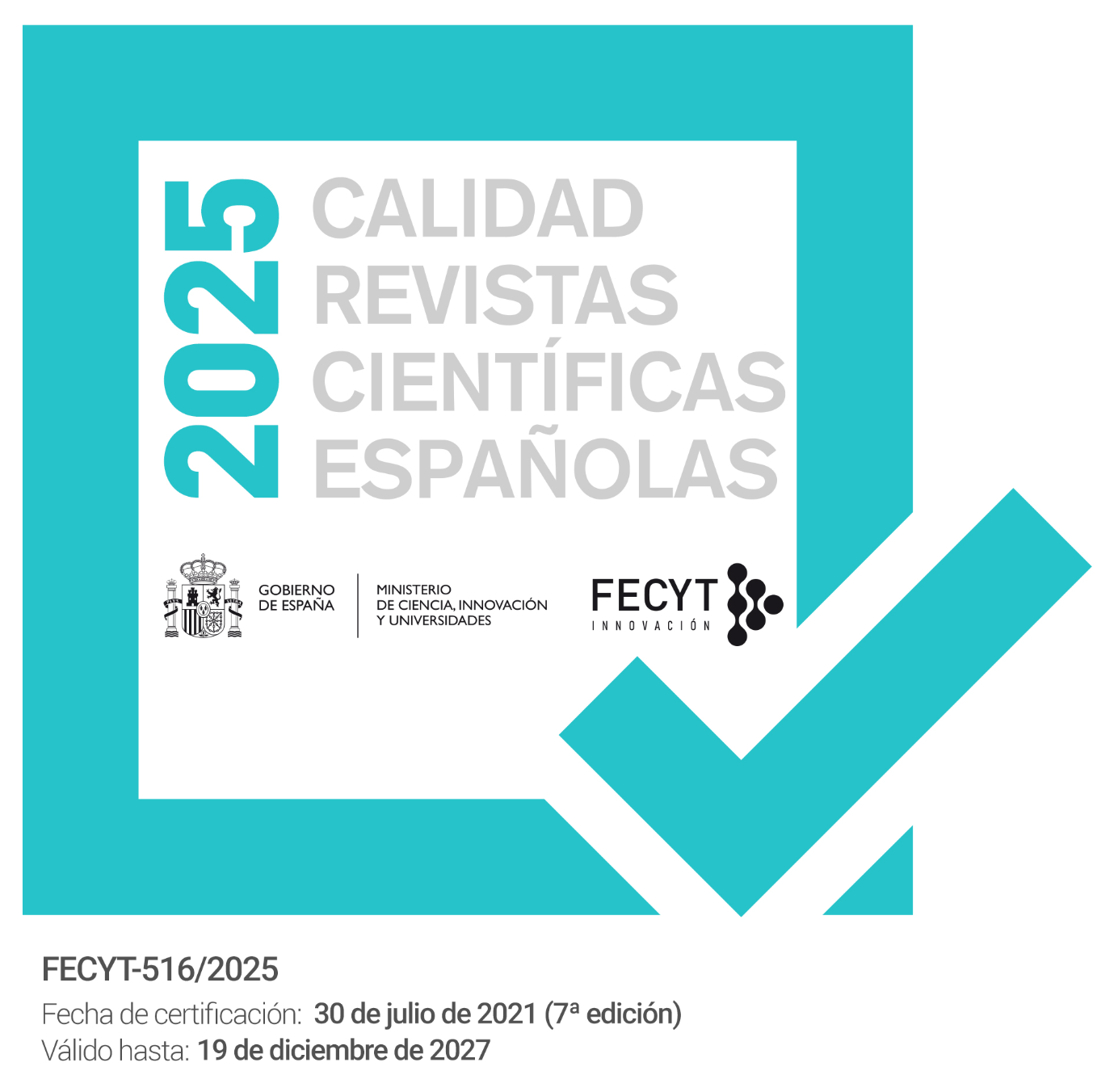TIPOLOGÍA DE LENGUAS Y LINGÜÍSTICA CLÍNICA: LA IMPORTANCIA DE LOS ESTUDIOS INTERLINGÜÍSTICOS EN LA DESCRIPCIÓN DEL LENGUAJE PATOLÓGICO ¿SON VÁLIDOS LOS PLANTEAMIENTOS?
Abstract
For a few years it is a fact that linguistic is a multidesciplinary field in which cross-linguistic studies play a very important rolo not only en the description of normal language development, but algo in disturbed language. Multidisciplinarity is necessary when we focus in clinical linguistic, a part of applied linguistic that studies disturbed language and how it moves away from standard, normative, languaje. That for, clinical linguistic has to bear in mind different fields such as psychology or medicine. Nevertheles, clinical linguistic also takes into account descriptive linguistic to explain some aspects of language that cannot be explained by other areas. In this work we want to remark the importance of the typology description of languajes to explain contradictory data in the description of the languaje of the Williams syndrome persons. We take into acconts cross-linguistic studies (English, French, German, Italian, Hungarian, Spanish) about this syndrome as well as other studies performed with aphasc persons.Downloads
-
Abstract955
-
PDF (Español (España))593
The works published in this magazine are subject to the following terms:
1. The Publications Service of the University of Murcia (the publisher) preserves the economic rights (copyright) of the published works, and favors and allows the reuse of same under the license of use indicated in point 2.
2. The papers are published in the electronic edition of the magazine under a Creative Commons Attribution-NonCommercial-NoDerivative 3.0 Spain license (legal text). Papers may be copied, used, disseminated, transmitted and publicly exhibited if the following requirements are met: i) The authorship and the original source of its publication (magazine, editorial and URL of the work) must be cited; ii) The works cannot be used for commercial purposes; iii) The existence and specifications of this user license must be explicitly mentioned.
3. Self-archiving conditions. Authors can electronically disseminate pre-print versions (version before being evaluated) and / or post-print versions (version evaluated and accepted for publication). This makes possible its circulation and diffusion earlier and with it a possible increase in its citation and reach among the academic community. RoMEO color: green.









